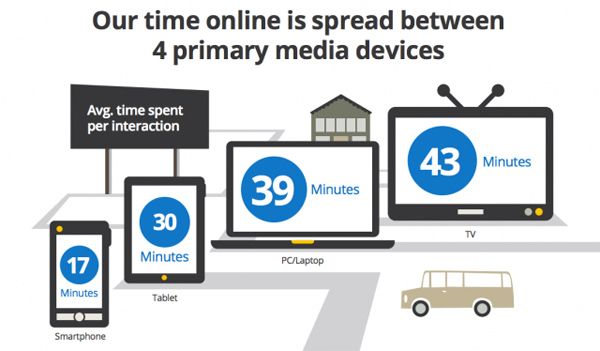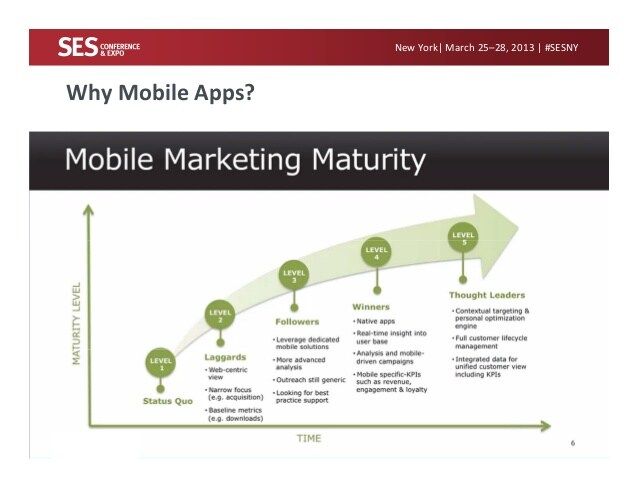A few more stories like this might just make us think that the walled garden might finally tumble.
Do the mobile operators use their market power – some might even call what they have a monopoly power – to block folks in the mobile content business from being able to distribute their content for free to everyone who wants it? You might think so but we could not possibly comment.
Google on the other hand apparently has no problems with its executives commenting on this topic. Chris Sacca, a senior executive at Google in charge of special initiatives, criticized mobile phone operators for trying to prevent their users from accessing Internet applications, specifically Google Mobile Maps. Google Mobile Maps gives access to interactive maps and satellite images, and also includes search results and details about local businesses. It also provides detailed directions to a location picked by the user. On Monday, Sacca told an event at Oxford University’s Said Business School that “we’ve been getting notes from some of the telco carriers who are saying ‘look, you need to stop our customers from downloading this thing’.”
“They’re inserting themselves in between you and an application that you want. I think that has scary, scary implications,” added Sacca, who was appearing on a panel titled Silicon Valley Comes To Oxford… Several other dot-com entrepreneurs also warned that the mobile industry faced massive challenges, and cannot expect to keep its users tightly controlled indefinitely. Matt Cohler, vice-president of strategy at Facebook, said that the major question facing mobile operators is what it does “when IP really takes over the remaining portions of the bridge that it hasn’t yet.” Reid Hoffman, chief executive of LinkedIn, was even more critical.
“I think it’s inevitably just a matter of time before general IP and open protocols get to mobile phones. And it’s like ‘are you sure you want to be standing there when the dam finally goes down?’,” Hoffman told the event. “I think a lot of people in Silicon Valley are agitating to work out ‘how do we take the dam down faster?’,” Hoffman added.
Earlier this month, 3 launched a service which gives users flat-rate access to mobile broadband services. Analysts believe this is an indication that the mobile industry has realized that it can’t keep its customers trapped in ‘walled gardens’ where they can’t freely access Internet services independently of those authorized by the operator.
Source
As reported Graeme Wearden and David Meyer, ZDnet UK – November 27, 2006

